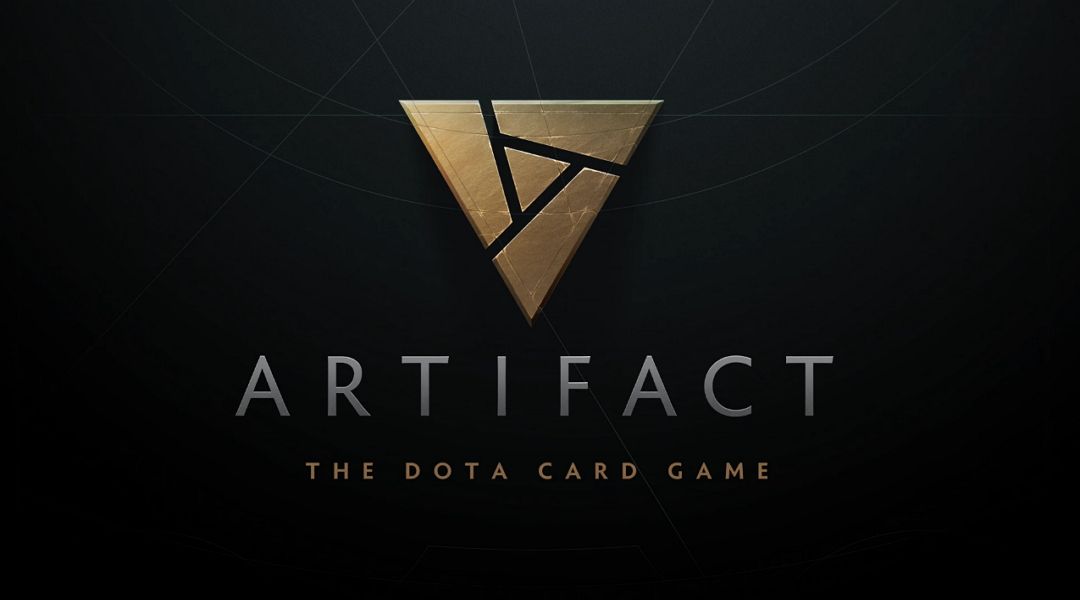When Valve revealed to the audience of this year's largest Dota 2 tournament, The International 2017, that it was going to be announcing a new game, electricity filled the air. When Valve announced that the game was a Dota card game named Artifact, let's just say the crowd was shocked. A very short teaser trailer was released along with the promise of more information soon.
According to Valve, Artifact is going to provide a unique digital card game experience unlike anything else on the market. Early details indicate the game is heavily influenced by Dota, in more than just theme. It will feature three different lanes and allow players to pick Dota heroes like Bounty Hunter or play cards like Barracks, which can create creep waves. Don't be surprised if other core Dota concepts like the Secret Shop, the river, or even something abstract like denials also make it into the game. Maybe Artifact will even cross over into Dota 2 itself.
Former Double Fine project lead Brad Muir has confirmed his involvement in Artifact, which might help its appeal to Dota fans. Muir is known for his work on Massive Chalice and Iron Brigade for Double Fine, before leaving to take on a role as a developer for Valve. More importantly, Muir's love of Dota 2 is well documented, which makes him a perfect fit for the Artifact team.
Although we know that Valve is making a card game, most details about said game are not entirely clear, including how Valve intends to monetize it. Hearthstone and the many digital card games that have followed since all rely heavily on microtransactions to sell cards, but players have their own issues with that business model. Will Valve rely on its unique game design to justify similar microtransactions? Or might it try a different strategy with Artifact?
Fans are already begging Valve not to go the traditional trading card game route of selling card packs, but rather to make all cards available to all players. If Dota 2 can succeed by unlocking all characters for all players, where League of Legends has to require players earn them or purchase them with real money, then can Artifact do the same as a digital card game? Can Valve figure out a way to make a profit purely through cosmetics and meta events? Questions that may be more important than how the game itself works.
Valve says to expect Artifact in 2018, but doesn't share any details regarding beta plans or supported platforms. At the very least fans should expect Artifact to come to PC.

